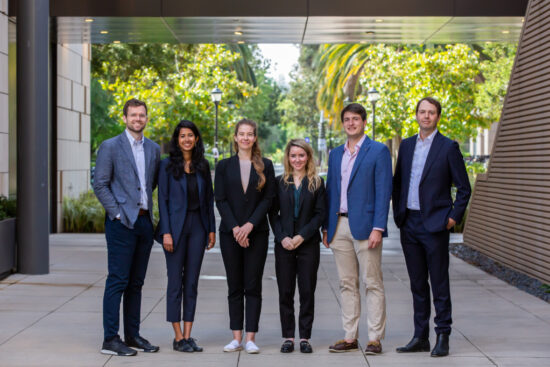The Importance of Equal Partnerships
My lasting takeaway from the clinic centers around the absolute necessity of partnership—a topic that we discussed from the very first week of the clinic to the last days. Instead of thinking about our work as an attorney-client relationship, we were taught to think instead of our work as a true partnership. This was a pretty radical change in approach to me, and I think most of my classmates felt the same. Such an emphasis on an equal partnership that centers the needs of our partner organizations strikes against many of the traditional law school tropes of attorneys as the heroes at the center of the story. However, a rethinking of the role of lawyers is absolutely necessary, especially in human rights work. When you’re trying to tell the story of an individual or group who has had their rights violated, you need to make sure that they feel ownership of the process.

The necessity of working hand in hand with partner organizations became clear through the work on our specific project. Neither my teammates nor I had much knowledge of the specific subject area, but our partners had spent their entire lives immersed in the topic. At first this was somewhat terrifying. How could anything we do actually contribute to the work of these experts? However, with Gulika’s help and by thinking about our work as a partnership, we managed to slowly work past that initial hesitancy. Our calls became more conversational, and through them, we were able to develop a better sense of what they needed and what we could provide.
A rethinking of the role of lawyers is absolutely necessary, especially in human rights work.
All of this emphasis on partnership fully paid off on our quarter-culminating trip where we finally met our partners in person. Not only was it an incredible opportunity to talk face-to-face and meet their colleagues, but the conversations we had were so much more meaningful because we had been in discussion at every stage of the process. While there were specific elements of our research that were new, both our team and our partners knew how the overall project was structured. Thus, we could move our conversations straight to the more interesting and substantive topics.
Though I don’t know where my career will take me, this emphasis on partnership and thinking of work as a true joint venture will serve me well wherever I am, and I truly appreciate the clinic for imparting this lesson to me.
